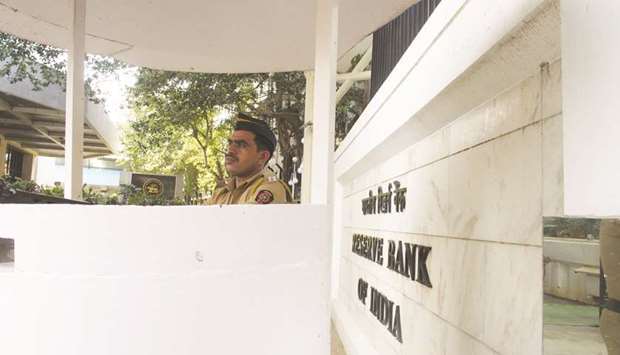India’s central bank doubled the limit for some overseas investments in domestic bonds as it seeks to keep yields in check ahead of likely record borrowings.
The Reserve Bank of India raised the cap to Rs1.5tn ($21bn) for foreign investors who voluntarily commit to keep a part of their investment in the country for at least three years, the RBI said in a statement late Thursday.
The enhancement comes after the central bank adopted a US Federal Reserve-like Operation Twist in mid-December to pull down long-term yields and spur lending.
Ten-year yields are still up 13 basis points since November on concerns about the government adding to record borrowing as it gets ready to revive economic growth. “The raising of the foreign limit appears part of a coordinated push to cap upside in yields,” said Eugene Leow, fixed income strategist at DBS Bank in Singapore. “With global bond yields depressed, the government is probably counting on inflows to cushion borrowing costs as fiscal spending stays elevated.”
Bonds were little changed, with the 10-year yield steady at 6.6% at 1:10pm in Mumbai.
The so-called voluntary retention route, a separate category formed to lure longer-term funds in debt, has seen an inflow of about Rs543bn since its introduction in March.
There’s room for fresh allotment of up to Rs906bn, according to the RBI. Investors will be eligible for some relaxations, including flexibility on which securities they can buy, exemptions from limits on short-term investments and from caps on their exposure to a corporate group.
India’s federal budget is due on February 1, and the government is expected to announce a wider fiscal deficit to revive an economy that is facing its worst growth in more than a decade.
Concerns about the fiscal deficit and five cuts in interest rates last year have depressed returns in dollar terms for overseas investors, prompting them to turn net sellers in recent weeks.
That may limit inflows into local debt, according to FirstRand Bank Ltd.
“If you’re a foreign investor, dollar returns are not looking good, thanks to interest rates coming down,” said Harihar Krishnamoorthy, head of Treasury at the lender in Mumbai. “There is nothing left on the table” after including funding and hedging costs, and the slide in yields last year, he said.

A police officer stands guard at the Reserve Bank of India headquarters in Mumbai. The RBI raised the cap to Rs1.5tn ($21bn) for foreign investors who voluntarily commit to keep a part of their investment in the country for at least three years, the RBI said in a statement late Thursday.
